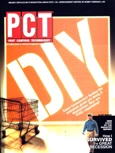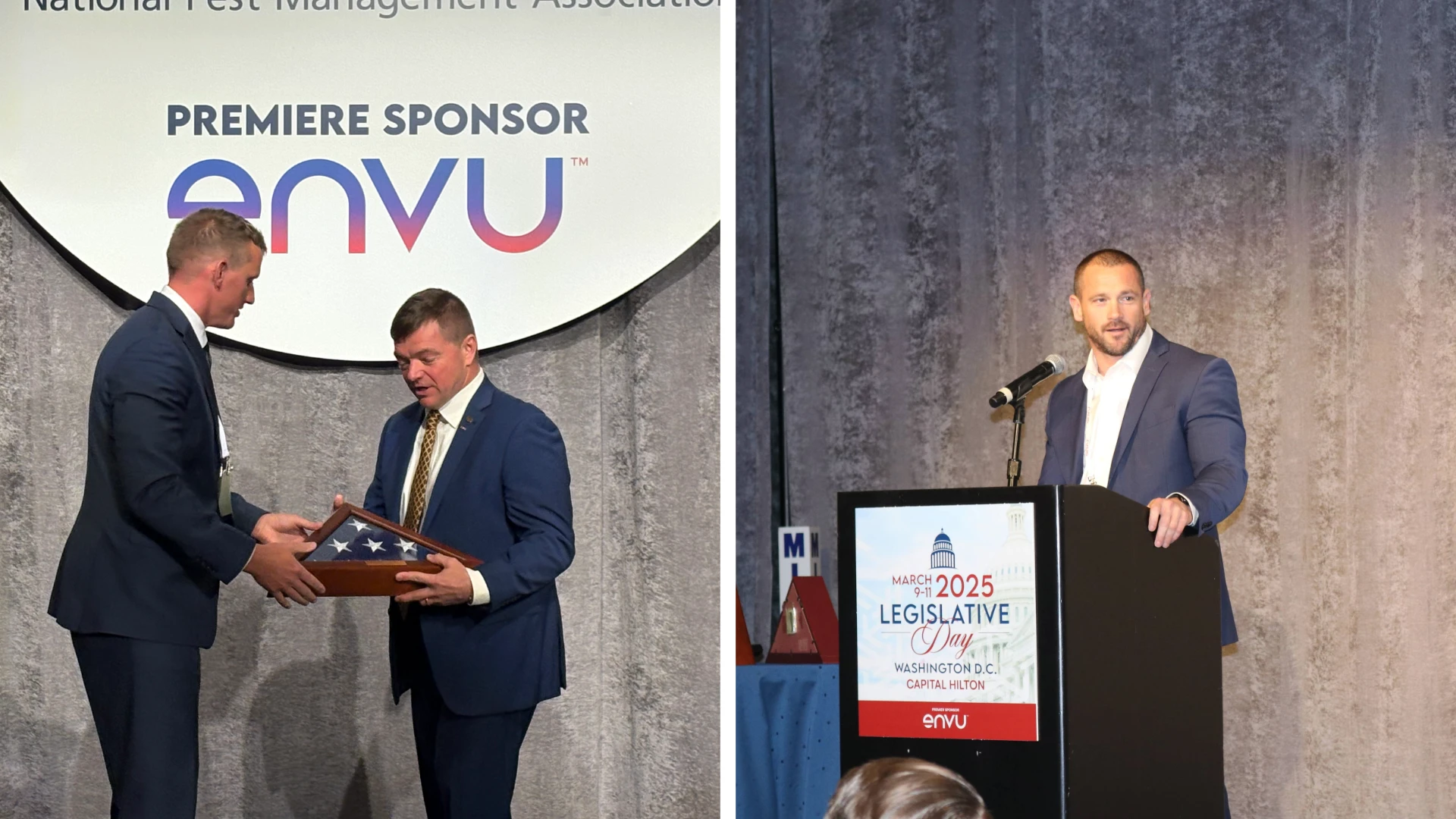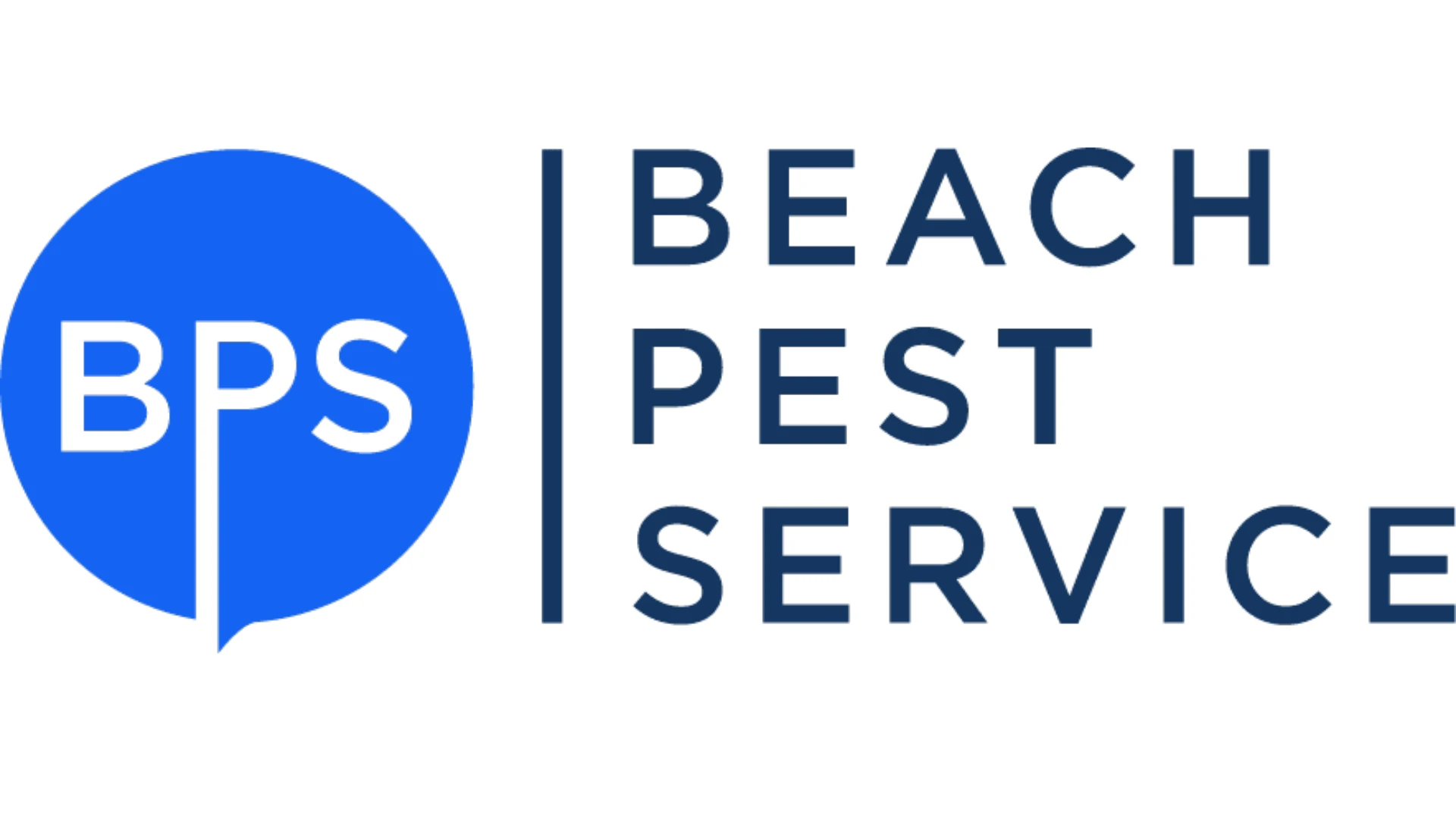Turn on the TV, open the newspaper, surf online and there they are: statistic after statistic confirming what most Americans know first-hand — the economy still stinks. Some experts even have coined this prolonged period the “Great Recession.”
The pest management industry isn’t immune. Thirty-nine percent of professionals surveyed by PCT last October said they expect the industry to be negatively affected by the economic downturn for one to two years.
In June PCT surveyed professionals again and found nine percent more of respondents had both delayed major purchases and cut back on corporate spending over the eight month period. Nearly seven percent more had reduced their company’s benefits package.
Forty-two percent of respondents in June said they took a pay cut due to the recession, with the majority expecting salaries to return to pre-recession levels in 2011.
This recession is different, said Charles Ruby, owner of Safe Exterminating in Jasper, Ga. “This one is a life changer.”
Most professionals interviewed, however, still expect positive growth in 2009. Jerry Martin, vice president of Martin Exterminating in Tobaccoville, N.C., anticipates revenues to increase 25 percent over 2008 levels. “The last three years have been really low points, but this year has been great.” Merlin’s Pest Control in Dover, N.J., is up 20 percent this year following 30 percent growth in 2008, said President David Castro.
Through June 2009, “we broke every sales record we had,” said Breda Pest Management President Matt Breda in Loganville, Ga. Others forecasted four to eight percent increases, with better gains expected in 2010.
Opportunities for growth and customer retention still exist, professionals said, if you know how and where to find them.
*****
Bigger Concerns
The recession isn’t professionals’ biggest worry. According to PCT’s June survey, 77 percent of respondents said the cost of fuel was negatively affecting their business. Fifty-nine percent cited health insurance costs, 53 percent said federal taxes on business income, 41 percent said workers compensation costs, and 39 percent cited the ability to cost-effectively advertise.
The Administaff Business Confidence Survey released in July had similar findings: Looking to 2010 and beyond, 55 percent of small business owners are “very concerned” about both potential tax increases and the effect of government expansion on business. Fifty percent cited the federal deficit. The overall state of the economy came in fourth at 36 percent.
Brent Boles, president of Schendel Pest Services in Topeka, Kan., urged professionals to work diligently with elected officials in “protecting our capitalistic country.” What happens in Washington will dictate how the economy goes, he said. “I think we all feel like we can somewhat control what’s around us and we can adapt,” said Boles. “What we can’t survive is tax rates increasing, medical costs increasing, etc.”
*****
Eyes on the Prize. Merlin’s Pest Control is “doing well because of business decisions we’ve made over the years,” said Castro. Five years ago he realized termite swarms were becoming more of a “conversation piece than an event,” so he stopped selling termite work and began mastering bed bug control. The pest now is Castro’s biggest growth market.
Boosting employee productivity has helped Eden Advanced Pest Technologies navigate the recession, said President Jack Marlowe. “One little idea like that causes you to make a wave of changes” and drives you to improve the company in other areas, he said. Now he’s focused on trimming one percent of the company’s material costs.
Brent Boles, president of Schendel Pest Services in Topeka, Kan., always has his sight on the company’s next point of differentiation. “Competitive advantages are only temporary” and eventually may be copied by competitors, said Boles. “You have to continue to look for how you can position yourself in the marketplace.”
Breda’s advantage is infrared cameras, which he began using for termite and pest inspections three years ago. “It set us way apart” compared to visual inspections done with a flashlight and screwdriver, he said. “Our closing percentages have been way up.”
Expansion has helped Griggs & Browne in Providence, R.I. “You’ve got to expand if you want to grow,” but it’s not an easy decision in a bad economy, admitted President Dan Griggs.
Learn what others are doing and how these best practices can be applied to your business, said Marlowe, who urged professionals to get involved with state and national associations. Also look for tasks to outsource. An expert in human resources, for instance, perhaps can do the job better and save money in the long run, he said. “Get out of that mindset that you have to do everything yourself.”
Big Basket of Eggs. And be careful about putting all your eggs in one basket, cautioned Breda. “Diversity is the key in the stock market and in our industry.” Breda wasn’t tied to the building business, so “the lack of pretreats and WDO letters did not hurt our business.”
Martin offers radon measurement, ventilation and moisture control services. Griggs owns carpet cleaning and home inspection businesses. Randy Nader, president of Nader’s Pest Raiders in Ponte Vedra, Fla., offers irrigation, turf and ornamental, and wildlife services.
Customers like “one-stop shopping” for services, said Martin. Just don’t stretch your expertise too thin. There is a “point of diminishing returns,” he said.
Commercial business continued to be Schendel Pest Services’ strength, said Boles. He anticipated the recession would cause some clients to re-bid contracts, allowing the company to “get in doors previously closed.” Once in, “it just came down to us being able to sell our competitive advantages,” he said.
Jerry Schappert, owner of The Bug Doctor in Ocala, Fla., specializes in repossession inspections. That sector of his business, which he’d built over the years, dropped off “when houses were selling like hotcakes and no one wanted a termite inspection.” With foreclosures skyrocketing, “banks are back to getting these inspections,” he said.
Cautious Consumers. Customers are “guarded” coming through the “consumption years,” said Schappert. Castro agreed. “When money gets tight, they go shopping.” Consumers are doing more research and talking to more people during the decision-making process, he said.
Safe Exterminating’s high-end clientele remains “very price sensitive,” said Ruby. They’re worried about inflation kicking in and the amount of money being spent at the federal level, he explained.
Eden Advanced Pest Technologies has had to “work harder at the business we’re getting and work harder at keeping the business we have,” said Marlowe. Prices on services are coming down, too, he said.
“People hold on to pest control as long as they can,” said Harold Clifton, owner of Pest Pro Services in St. Peters, Mo. But if you don’t give them good results, they’ll use somebody else the next time, Castro said.
Bert Snyder, vice president of Palmetto Exterminators in Charleston, S.C., has seen an increase in cancellations from people who say they can no longer afford the service, but “I anticipate those people are going to come back.”
Surprisingly, between October 2008 and June 2009, the percentage of residential customers 30 days or more past due on payments generally declined, according to PCT’s surveys.
Times like this “make you realize how valuable your existing customer base is,” said Snyder. His technicians are doing things that “resell the service every time we’re out there.” Snyder’s also made sure “we didn’t give them any other excuses or reasons to cancel,” such as a gas surcharge or increased prices. “I think that’s helped.”
Clifton is spending more time with customers, who then are more likely to recommend him to friends. In this market, the hard sell doesn’t work, he said. “Let them know you’re interested in them,” he explained. “Let them decide what they want.”
People want the best bang for their buck, added Snyder. By emphasizing quality over price, “we’re closing probably 90 percent of our leads, most of those from referrals.”
Biding a Turn-Around. Professionals expect a return to pre-recession business levels when the housing market turns around. “Everything is tied to the housing market,” said Breda.
Recovery may take longer in hard-hit areas, said Schappert. “If you survive the winter, next year will be fine,” said Griggs of the industry in New England. Customers with pests like termites and carpenter ants “have to get it done,” he said.
Others like Clifton “refuse to participate” in the recession. Schendel Pest Services crafted a “Declaration of Independence from the Recession,” a “work in progress” that employees review monthly, said Boles.
This is a “great opportunity to mimic the bug guys of the ’70s,” said Safe Exterminating’s Ruby. They reinvented the industry following the oil embargo and resulting recession when inflation soared and margins were smashed, he explained.
Instead of “Great Recession,” perhaps a better name for this period is the “great equalizer,” said Marlowe. Companies that aren’t operating well will probably lose out; those operating well will have to operate better, he said. It’s the “economy’s way of cleaning things up.”
*****

Explore the October 2009 Issue
Check out more from this issue and find your next story to read.
Latest from Pest Control Technology
- Understanding Rodents and Bird Flu
- Green Pest Solutions Awards Safest Driver New 2025 Ford F150
- UF/IFAS Sheds Light on Tiny Invaders During Termite Awareness Week
- Registration Open for Lawn & Landscape Technology Conference
- Fleetio Launches Automotive Service Excellence Scholarship
- WorkWave Appoints John Phelan as CTO
- PMPs Use Capitol Hill Visits to Push for Preemption
- 20 Trapping Tips





